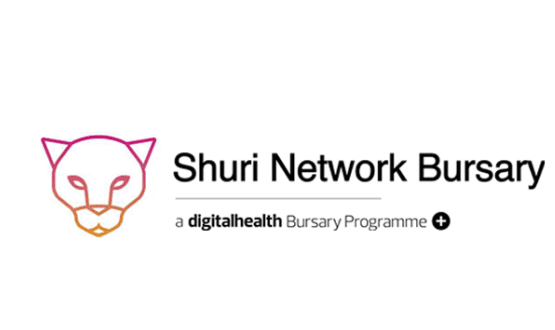Germany’s e-health smartcard scaled back
- 7 January 2009
Key clinical components of Germany’s flagship national e-health smartcard programme look set to be dropped or delayed because of problems encountered in the first seven pilot sites.
Electronic prescriptions, electronic emergency data sets, and electronic medication safety applications are all likely to be suspended. Instead, the priority will be electronic referral letters and electronic insurance claims.
National health IT organisation Gematik confirmed the planned changes after the publication of an interim report that summarises the results of the smartcard tests in the seven German test regions.
The report clearly shows the two offline applications that have been tested so far – the electronic emergency data set and the electronic prescription with the smartcard as data medium – have not worked so far.
The Gematik report identifies two key problems. The first relates to problems with PIN numbers. For the creation of the emergency data set, or emergency record, German legislation requires a PIN code to be entered by the patient. But the early studies from the test regions found that up to 70% of cases had forgotten their PIN.
The second reason for the failure was the need for digital signatures, upon which services like electronic prescriptions depend. Doctors say the signature process takes far too long. In addition, technical fixes promised by Gematik a year ago have still not been implemented.
Given these problems, Gematik now suggests doing the easier things first. The rollout of the smartcards, now scheduled for 2009, will probably be kept as planned, but the services they will be used for will significantly change.
The priority is likely to shift to electronic referral letters and online updates of patient’s health insurance data first. For these two applications, no patient PIN code is needed and electronic signatures are less of a problem, because the number of referral letters that German doctors issue per day is far fewer than the number of electronic prescriptions.
For the rollout, this plan would mean that doctors will have to go online quicker than initially planned, since both referral letters and patient data update inevitably need an online connection. This, though, has led to a new controversy between doctors and health insurance companies.
German doctors continue to insist that an online connection of doctors remains voluntary, because many of them do not trust in the security of the system. Health insurance companies, in contrast, say that an online update of patient’s health insurance data will only be useful if a majority of doctors are online.
As so often, the controversy hinges on money. Health insurance companies will pay for the smartcard readers that German doctors need for the offline smartcard rollout in 2009. But they will certainly be reluctant to pay for the hardware that doctors need to go safely online. As health insurance companies, they will have no immediate financial benefit from electronic referral letters.
Doctors have decided to stand firm: “Online connections for doctors have to be voluntary in any case,” says Franz Bartmann, a member of the directorate of Bundesärztekammer, the German Medical Association.
Jörg-Dietrich Hoppe, the head of Bundesärztekammer, goes even further and argues that the whole project should be stopped – including the offline rollout.
This is unlikely to happen, not least because doctors had already agreed on the offline rollout of smartcards in 2008. But what comes after the offline rollout in Germany is now more opaque than ever.
Link
Gematik interim report on smartcard tests (German language only)




